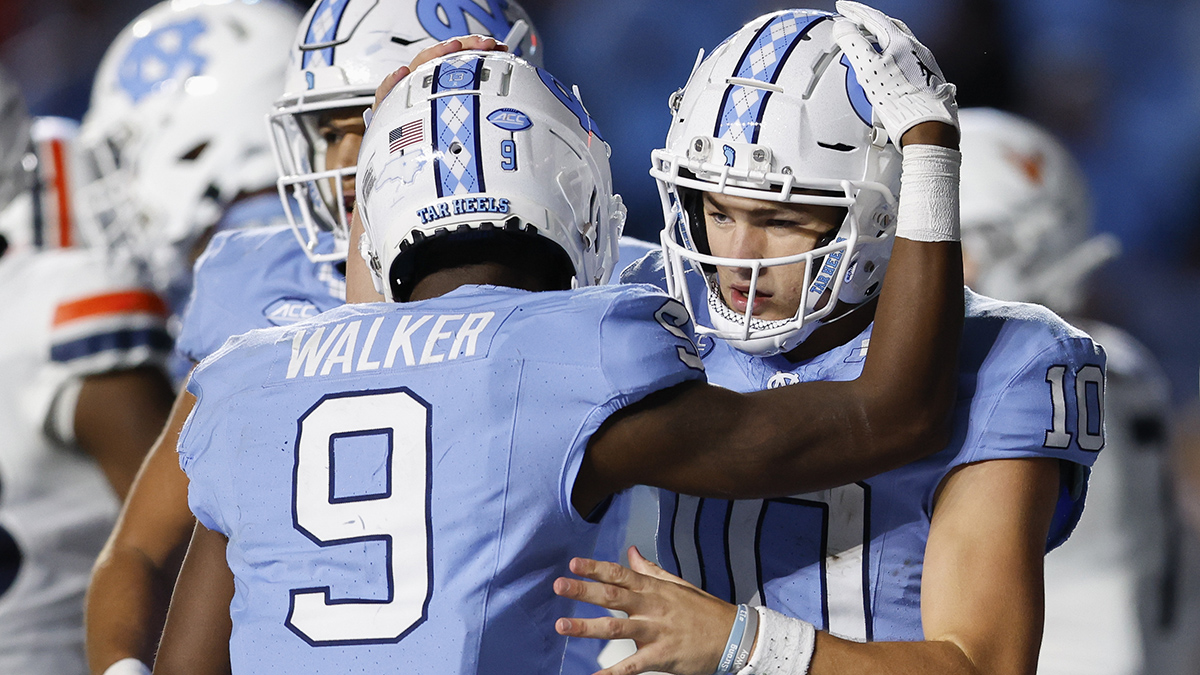
Forty years after the state added a five-cent deposit on some plastic bottles in order to encourage recycling, climate advocates say it's "the right moment" to expand state's bottle redemption law.
Proposals before the Committee on Telecommunications, Utilities and Energy would increase the bottle deposit from its current five cents to 10 cents and add more types of beverage containers to the program, putting a deposit on water bottles, vitamin drinks, nips and bottles for other drinks that weren't contemplated when the initial law was adopted in 1982.
Efforts to update this bill have failed in the Legislature for years, and voters in 2014 shot down a ballot question to tack the five-cent bottle deposit onto drinks besides beer and soda.
Without success in expanding the deposit, advocates told lawmakers at two Joint Committee on Telecommunications, Utilities and Energy hearings Wednesday (as House and Senate members continue to hold separate hearings amidst a feud between the committee's co-chairs) that Massachusetts is falling behind.
Get Boston local news, weather forecasts, lifestyle and entertainment stories to your inbox. Sign up for NBC Boston’s newsletters.
The state has the lowest rate of people returning empty bottles and cans among the 10 states with bottle redemption laws, according to a report from the Container Recycling Institute that came out last year.
Only about 38% of plastic bottles are returned to grocery stores or redemption centers in Massachusetts, and only 40% of beverage containers are covered by a deposit, the report found. The nickel deposit returned to customers if they return the empty bottles under the 1982 law only applies to carbonated soft drinks, beer, malt beverages and sparkling water.
"In Oregon, they raised their redemption -- their deposit value from five to 10 cents. Within three years, the redemption rate jumped by, I think it was 64% up to 86%. And today, they're at almost 89%," said Mike Noel, public affairs director at recycling company TOMRA. "The system has been neglected in Massachusetts for 40 years."
Local
In-depth news coverage of the Greater Boston Area.
In addition to doubling the deposit to 10 cents, the bills before the Legislature would expand the beverages subject to the deposit to include plastic water bottles, iced tea containers, nips and some other beverages. Two versions of an expanded bottle bill filed by Reps. Marjorie Decker and Sen. Cynthia Creem (H 3690 / S 2104) and Rep. Michelle Ciccolo (H 3676) have slightly different definitions of which beverages would be included, but both exempt dairy, medicine and formula bottles.
In Ciccolo's bill, the deposit would be initially raised to 10 cents, and increased every three years to match inflation if the state's redemption target is not being met.
Both versions of the bill would also require all retail stores to accept the returned bottles, except for stores that are less than 2,000 square feet.
They would also look into increasing the fee the state pays redemption centers and supermarkets to handle bottle and can returns.
"The handling fee for retailers has not been increased since the beginning of the bottle bill. And something that we have been asking for consistently is to increase the retail handling fee, so that we incentivize retailers to be able to participate, and it not being a financial burden upon them," said Robert Mellion, executive director and general counsel and government affairs lead at the Massachusetts Package Stores Association.
Decker and Creem's bill would require that the state review the deposit and handling fee every three years, and take the number of redemption locations into account for the fees. In Ciccolo's bill, the state would review the handling fee every two years. In her bill, if there is less than one return location for redemption for every 3,000 people in the state or in a so-called environmental justice community, the handling fee would go up by 1 cent.
The handling fee is currently 3.25 cents for redemption centers and 2.25 cents for retailers.
Ben Hacker, an employee at the Beverly Redemption Center, said the number of these centers in Massachusetts has dropped off, from over 100 to 41.
"The handling fee for bottles and cans that redemption centers are paid ... has remained stagnant, while the costs of labor, trucking, fuel and every other thing that redemption centers have to do is constantly increasing," Hacker said. "Maine redemption centers were going out of business, so they just passed emergency legislation about eight weeks ago that bumped the handling fee in Maine from four and a half cents to five and a half cents immediately ... They deem that as an emergency because they know that their redemption centers are a necessary part of their recycling infrastructure."
Within the nearly four hours of testimony given on the bottle redemption proposals between two committee hearings on Wednesday, opponents also shared their perspectives.
Increasing the deposit and expanding the types of bottles that it applies to will increase recycling costs for consumers, while not guaranteeing increased recycling rates, said Michelle Blanchard, associate general counsel with Casella Waste Systems, Inc.
"Residents will still need to pay for curbside collection or drop off recycling services, as the majority of the recycling stream is not made up of beverage containers," she said. "The cost of handling these materials differently will also increase the cost to residents in another way, through deposit fees and hidden fees relayed through the higher cost of groceries, when producers pass along their handling costs to consumers."
The argument is similar to points opponents have made in the past, such as during the 2014 debate over a bottle law expansion ballot question. Voters rejected the proposed law 73.5% to 26.5% in 2014. Opponents ran a campaign that the deposit was an outdated idea, and touted the benefits of curbside recycling.
The beverage industry poured more than $8 million into the campaign to defeat the plan at the time. Supermarket chains also weighed in leading up to the election, posting signs urging shoppers to vote no on "forced deposits."
Steve Boksanski, lobbyist with the Massachusetts Beverage Association, said Wednesday that the group opposes expanding the bottle bill because the current law is "not performing well."
"We're at 38% redemption. Now, would you invest your money or your pension fund in an operation that's at a 30% efficiency rate? I don't think so," he said. "So let's think about other ways to attack this problem."
Supporters of the bills who testified after Boksanski pushed back on this idea -- saying that the 38% redemption rate would increase if the bills before the committee were passed into law.



